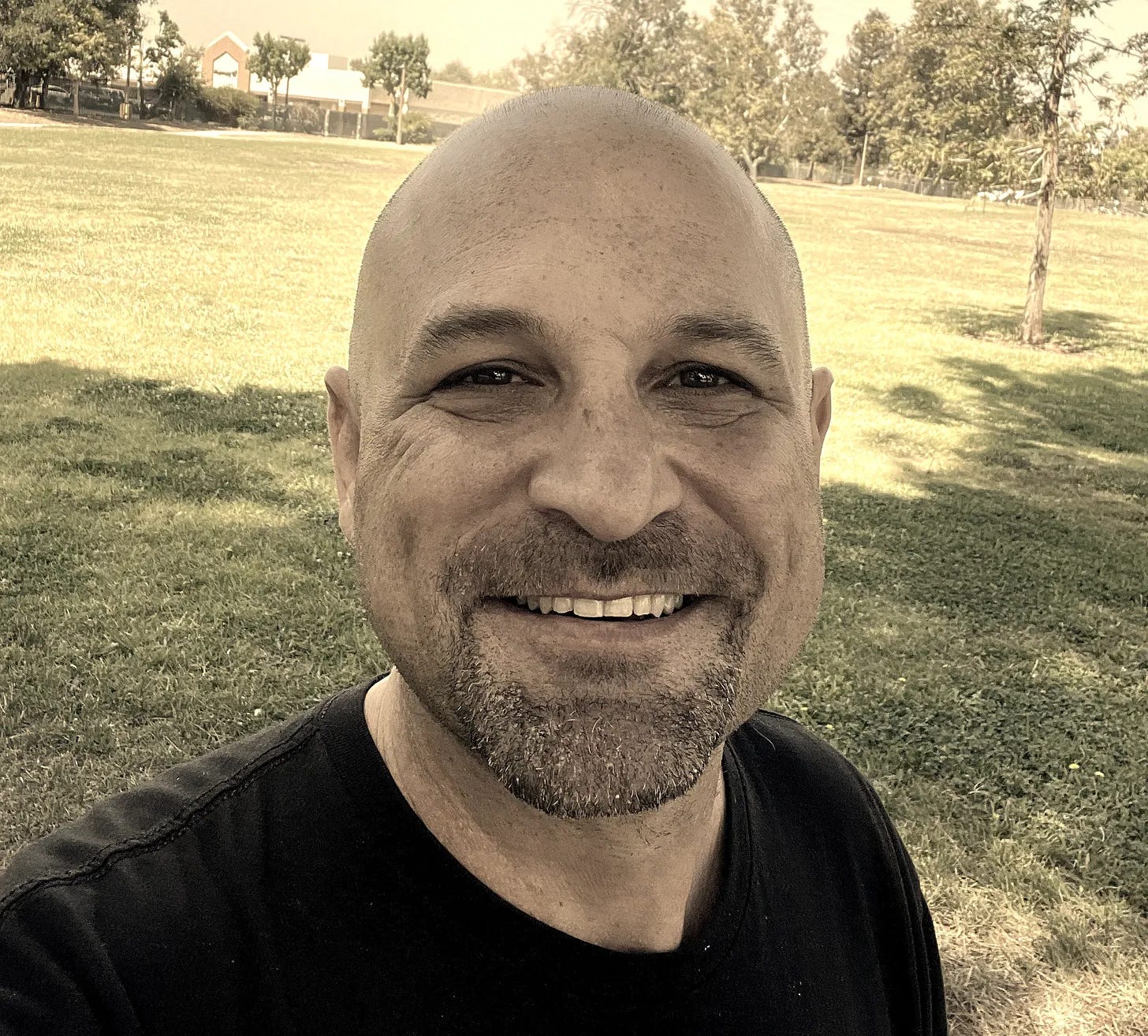The Weather in Our Words
What the silence after a sentence reveals
Words are the smallest things that do the biggest work.
They tell us who we are.
They tell others how to meet us.
We toss them around like pebbles, but they’re more like seeds.
Every phrase grows into a mood, a belief, a culture.
Plant enough of one kind and you’ll wake up in a forest you never meant to live in.
Listen to how we talk.
We’re “crushing it.”
We’re “killing deadlines.”
We’re “pushing through.”
We “go to war” with our inbox.
And then we wonder why we’re always tired, always bracing for impact.
We desire connection and want to bring people closer, yet words do the exact opposite in life and at work.
And it’s not just words. Sometimes it’s a sound, the kind someone makes when disbelief slips out before they can catch it.
No wonder people feel like parts instead of participants.
Even in life, we say we’re “fighting fatigue” or “surviving the week.”
I recently worked with someone who didn’t realize that every comment she made seemed to dim the room just a little, both at home and at work.
A good idea met with “yeah, but.” A hopeful plan answered by a sigh. It became habit, a quiet reflex.
She started to realize how easy it is to speak in ways that shrink the air around others.
Most of us don’t mean to. We just forget that our words carry weather, and sometimes we’re the ones making it rain.
We speak like our bodies are battlegrounds.
Maybe that’s why so many live in fight or flight.
What if the problem isn’t only how we act, but how we speak?
Because language doesn’t just describe reality, it creates it.
It’s the software running in the background of our lives.
When we upgrade the words, we upgrade the system and our impact on others.
When we swap “feedback” for “insight,” tension melts.
When we call someone a “teammate” instead of an “employee,” belonging grows roots.
When we say “it’s not a high priority for me,” instead of “I don’t care about that,” we trade honesty for polish.
When we say “let’s explore” instead of “let’s decide,” curiosity walks back in the room.
Tiny edits. Massive effects.
Every word holds an invitation or a warning.
A culture of fear can start with a single careless sentence.
A culture of trust can, too.
Leaders who tune their language aren’t being cautious.
They’re being conscious.
High-impact-driven individuals understand that change doesn’t always announce itself with a big gesture.
Sometimes it starts as a whisper, a subtle shift from “you should” to “what if.”
From “are you sure” to “tell me more.”
So the next time you talk, listen for what your words are building.
Start by asking yourself, ”are you reacting or responding?”
Ask yourself if you’re constructing walls or opening doors.
Because in the end, every word is a choice.
And those choices make the world around us.
Stay human
- Bryan
P.S. I have two additional private spots available for leaders who are ready to stop patching leaks and rebuild their leadership with faster decision-making.
It’s the same process my clients at Sony, Expedia, Hyatt, Samsung, and Netflix use when they’re done guessing and ready to move with precision.
If you would like to explore this with me, click here, hit send, and we will get back to you asap with all the info.
You are reading BEing Human, a weekly newsletter about an honest exploration of trust, leadership, and mindfulness from the bestselling author of Human-to-Human and Shareology, CEO, and TEDTalker. Written by Bryan Kramer, an executive coach and advisor to Fortune executives. I help executives make faster decisions and move past conflict.
Top Recent Popular Posts:
The Pipes We Can’t See - Built on the invisible
Main Character Syndrome - Your life is not a supporting role.
10 Days of Silence - What I learned from a 10-day silent Buddhist retreat in Macedonia
The Currency of Being Liked - Choosing yourself in a world that profits from doubt.
Why Meditation Isn’t Just About Relaxing - It’s Rewiring -The four stages of meditation



I always remind myself that I am the human who I speak to the most. Be kind. Be loving. The most important relationship we have is with ourselves. We must care for it. The way we speak influences how we show up for ourselves, others, and the world. So important Bryan. Thank you. 💕